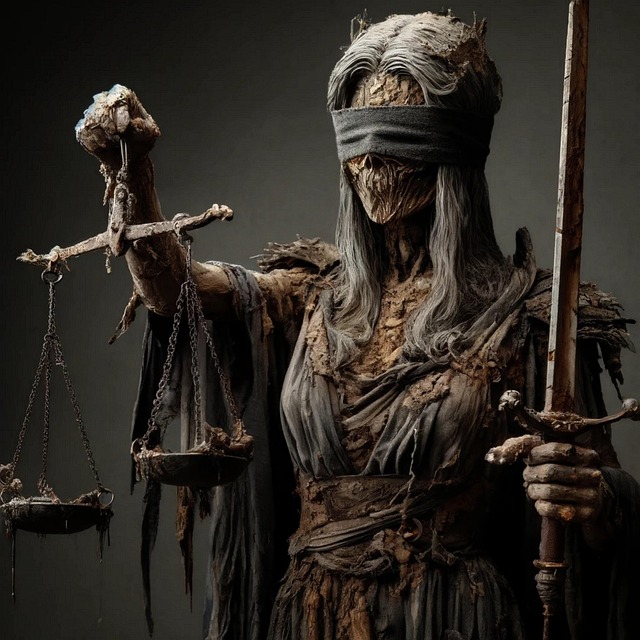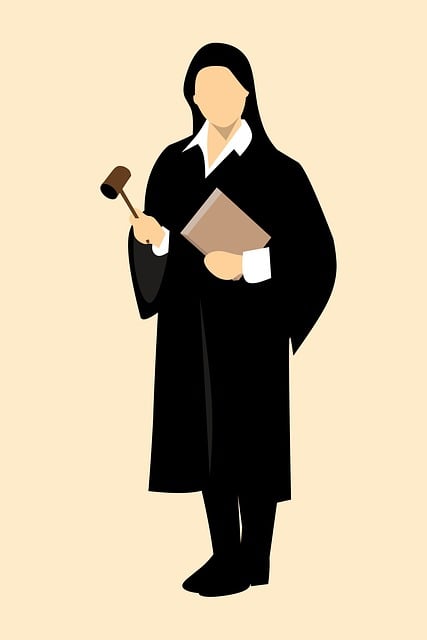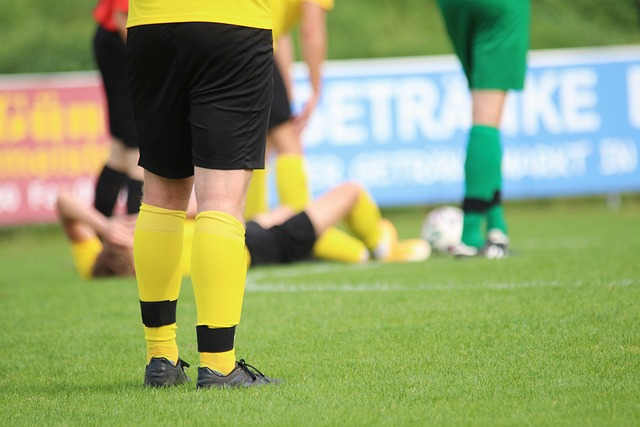Product liability wrongful death cases compensate individuals and families harmed by defective products. Eligible claimants include spouses, children, parents, and sometimes siblings of the deceased. These claims cover medical expenses, grief, suffering, and loss of companionship. While common scenarios involve slip and falls or auto collisions, product liability also extends to employment incidents and faulty equipment. Legal representation is crucial for navigating insurance coverage disputes and ensuring fair compensation in complex cases.
In the complex landscape of product liability law, understanding who can sue for wrongful death damages is crucial. This article delves into the intricate details surrounding product liability claims, focusing on the eligibility for seeking compensation in cases of fatal accidents. We explore who can bring a lawsuit, considering both legal entities and representation, to ensure justice for families affected by product failures. By navigating these aspects, individuals and families can grasp their rights and take appropriate action.
- Understanding Product Liability Law
- Eligibility for Wrongful Death Damages
- Who Can Bring a Lawsuit? – Legal Entities and Representation
Understanding Product Liability Law
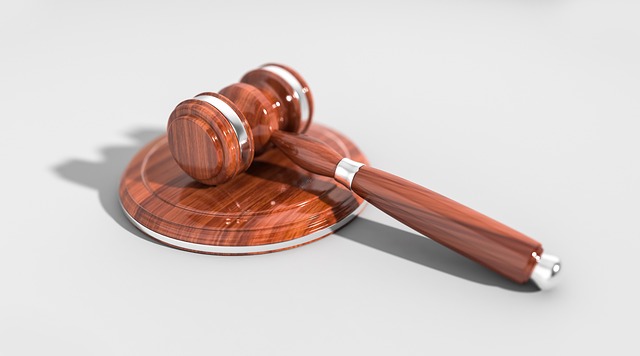
Product liability wrongful death cases are governed by laws designed to protect consumers from hazardous products. When a defect in a product causes injury or death, those affected have the right to seek compensation through legal channels. Understanding product liability law is crucial for determining who can sue and what damages they may be entitled to.
In general, any individual who has suffered personal injury or loss of a loved one due to a defective product can pursue a product liability claim. This includes cases involving truck accidents, where a faulty component or design could contribute to the collision. A personal injury attorney specializing in product liability wrongful death cases can guide survivors and families through this complex process, ensuring they receive fair compensation for their losses.
Eligibility for Wrongful Death Damages
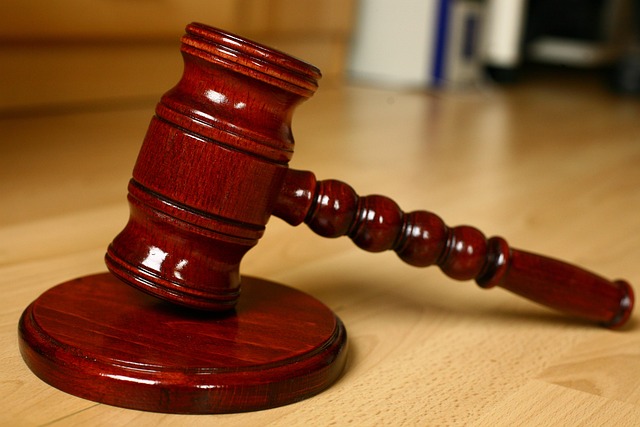
In the context of product liability wrongful death claims, eligibility for damages is a complex legal matter. Typically, family members directly affected by the deceased’s passing can file a lawsuit seeking compensation for their loss. This includes spouses, children, parents, and sometimes siblings, who may be able to prove they relied on the decedent for financial support or emotional care. In cases of product liability, where a defective item caused or contributed to the death, survivors can seek damages that cover medical expenses incurred before the deceased’s passing, as well as punitive and compensatory losses for their grief, suffering, and loss of companionship.
While slip and fall accidents and auto collisions are common scenarios leading to wrongful deaths and often involve product liability aspects (like defective brakes or unsafe premises), eligibility extends beyond these instances. Even in employment-related incidents where a worker’s death results from a hazardous work environment or faulty equipment, family members may have grounds for a claim against the manufacturer or employer, with the help of an auto accident attorney specializing in product liability cases. This highlights that various circumstances can lead to product liability wrongful death claims, and understanding eligibility is crucial for anyone considering legal action.
Who Can Bring a Lawsuit? – Legal Entities and Representation

When it comes to pursuing product liability wrongful death damages, understanding who can bring a lawsuit is paramount. In most cases, the legal entities eligible to file include the deceased’s immediate family members, such as spouses, children, and parents. These individuals are typically represented by an attorney specializing in product liability law.
In certain situations, other closely connected relatives or even a personal representative appointed by a court may also have standing to sue. The key is to establish a direct relationship with the deceased, as this forms the basis for seeking injury compensation from the responsible parties. Moreover, when dealing with complex cases like slip and fall injuries, where an underlying product defect contributed to the incident, having legal representation is crucial to navigate through potential insurance coverage dispute scenarios effectively.
In conclusion, understanding product liability law is crucial when navigating claims for wrongful death damages. Eligibility for such compensation is reserved for specific individuals or legal entities who can bring a lawsuit on behalf of the deceased. When it comes to representing these cases, having qualified legal counsel is essential to ensure the rights of all parties involved are protected and that the process is navigated effectively within the complex landscape of product liability wrongful death claims.
